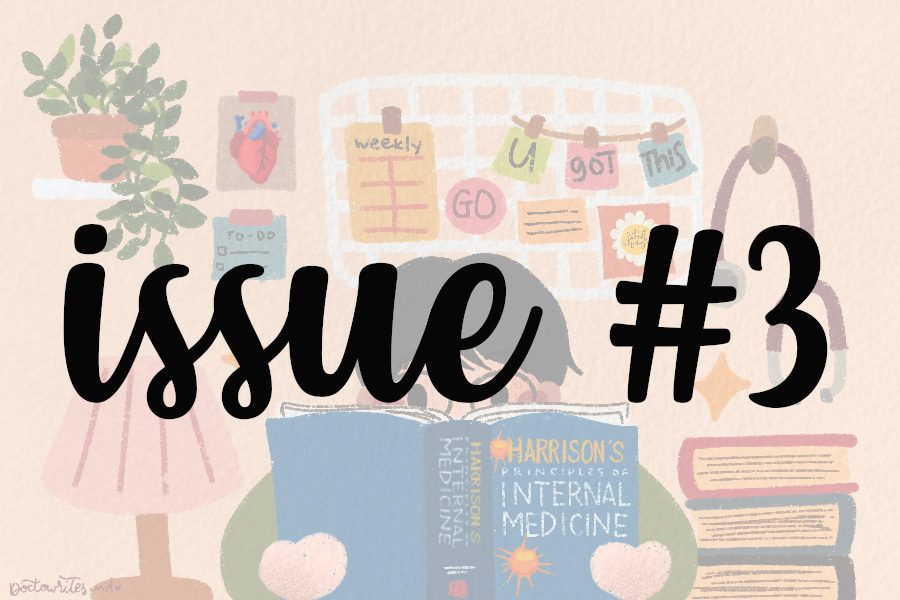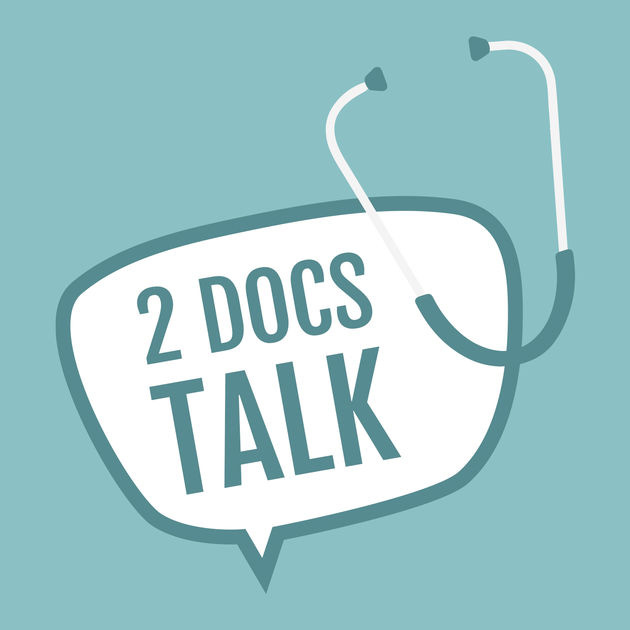Binaural beats: An auditory illusion your brain can benefit from
I bet it's the music you'll need to add to your playlists!
The concept of binaural beats has been gaining momentum as more and more people are starting to realize its benefits. These audio files cause your brain waves (or holistic frequency) to match those in a specific beat or rhythm, which can be used for healing purposes because it creates vibrations on the inside without any physical contact needed between two objects like tissues would do otherwise!
The great thing about this method over traditional medicine is that you don't need costly visits from doctors--you just listen via headphones or earbuds while lying down indoors at night when everyone else turns their TVs up.
Have you heard about it?
Have you listened to one before?
If you answered no to both questions, you're in the right place. Learn about binaural beats today! Read on…

What are binaural beats?
Binaural beats are tones that are played in each ear to create specific brainwave frequencies. This is done by slightly differentiating the frequencies played in each ear.
For example, if binaural beats are played at a frequency of 440 Hz in one ear and 430 Hz in the other ear, the brain will create a third binaural beat at 10 Hz. This binaural beat will cause the brain to generate a frequency of 10 Hz.
Binaural beats can be used to induce various brain states, including relaxation, focus, and sleep. Studies have shown that binaural beats can be effective in various settings, including classrooms and workplaces. When used correctly, binaural beats can help people to improve their focus and concentration.
What are frequency brainwaves?
Frequency brainwaves are an electrical activity that occurs in the brain. These waves can be measured by EEG and are typically divided into five categories: delta, theta, alpha, beta, and gamma.
Delta waves are the slowest frequency and are associated with deep sleep. Delta waves are produced when we are in a very deep, dreamless sleep and can almost be considered unconscious.
If you're looking to get a good night's sleep, or if you're trying to sleep better, delta brainwave frequencies might help.
Theta waves are a bit faster and are associated with drowsiness and light sleep. Theta waves are produced when we are in a drowsy, dreamy state or during REM sleep. And during wakefulness, too many theta levels may result in feeling scattered or daydreamy!
Alpha waves are even faster and are associated with a relaxed, yet alert state of mind. Alpha waves are produced when we are in a state of light relaxation or meditation.
Beta waves are linked with increased mental activity and focus. By stimulating beta brainwaves, you can improve your ability to concentrate and stay focused on tasks.
Finally, Gamma waves are the fastest brainwave frequency and are associated with high levels of mental activity. Gamma waves are produced when we are highly alert or engaged in an intensive mental activity. Gamma brainwave frequencies can help when you need to be at peak concentration in performing a task or when figuring out a solution to a problem.
Binaural beats are a fantastic way to hack your brain and reach your desired state. For example, if you're feeling stressed or tense, then listening exclusively on the alpha channel of binaural might just do it!
How can you benefit from binaural beats?
Medical students are under a tremendous amount of pressure. They not only have to contend with demanding coursework and exams, but they also have to balance their studies with extracurricular activities and clinical rotations.
As a result, it's not surprising that many medical students suffer from burnout. Binaural beats can be an effective way for medical students to reduce stress and promote relaxation.
By listening to binaural beats during study sessions, medical students can improve their focus and concentration, leading to better academic performance. In addition, binaural beats can be used as part of a bedtime routine to help medical students get a good night's sleep.
By reducing stress and promoting relaxation, binaural beats can help medical students cope with the demands of their studies.
One of the most common causes of burnout among medical students is sleep deprivation. It's not uncommon for medical students to pull all-nighters to study for exams.
However, sleep deprivation can take a toll on your physical and mental health. Binaural beats can help you get the rest you need by promoting deep sleep.
By listening to binaural beats before bed, you can fall asleep more easily and stay asleep throughout the night. As a result, you'll wake up feeling refreshed and well-rested, which can help you better handle the demands of your studies.
If you’re struggling with burnout, consider trying binaural beats. Binaural beats can help you reduce stress, promote relaxation, and get the rest you need. By using binaural beats as part of your study routine, you can improve your academic performance and reduce your risk of burnout.
Take action: Go put on your earbuds/headphones and start listening to binaural beats today!
Podcast for doctors
Britt, an internist, and Rogers, a physician-turned-medical writer, share their 15-minute “appointment” with listeners. Their conversations are what they wish they could do with their patients if time is not limited.
Though they haven’t published a new episode in a while, you can still enjoy its 136 episodes on any podcast player you use!
Now, it’s your turn! What podcast are you listening to right now? Care to share?
I would appreciate your support by sharing this newsletter with your classmates or colleagues! Just click this button below:
Got a story to tell?
If you have a passion for writing, you can send a pitch to my email: contentwriting [at] karenalinas [dot] com with the subject “Pitching for Road to White Coat”
A pitch should include the following:
· What is the story about?
· What will medical students learn from your story? What are the takeaways?
I will surely respond within 7 days!
Note: This is a free newsletter/publication and your contribution to it won't be compensated in monetary form. However, we can write your name as its author.
I want to hear from you!
Yes, please leave a comment so I will know who is reading this. A short hi or hello is more than welcome!



